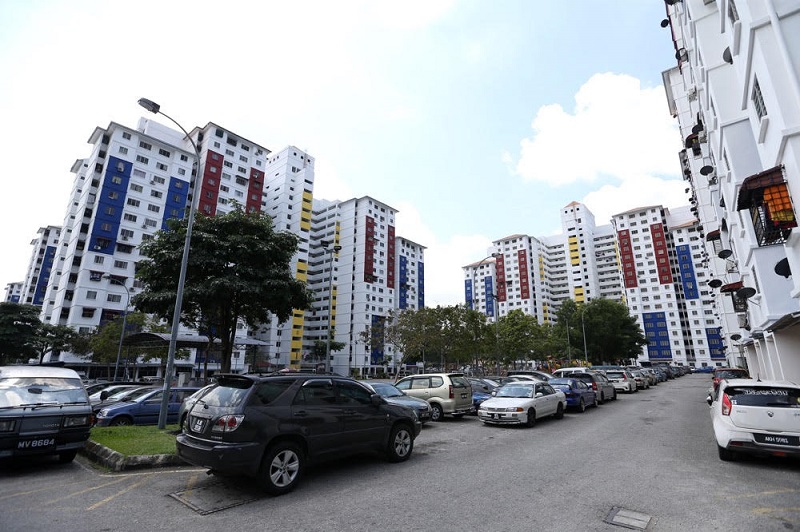KUALA LUMPUR, Feb 28 — The Federal Territories Ministry said that the capital’s poorest residents receive adequate assistance through all its welfare programmes.
In response to a recent Unicef study that found many urban poor children living in public flats to be malnourished, the ministry said the Kuala Lumpur City Hall (DBKL) provides safe and conducive housing services to residents of public housing areas and People’s Housing Project (PPR), and denied it had been negligent.
“To produce a highly-educated and healthy generation among the housing residents, DBKL and the Government have never been negligent in providing the best services in every aspect,” the ministry was quoted by The Star daily as saying.
Unicef on Monday released a report on urban child poverty in which it found up to a third of children living in the capital city’s public flats to be stunted; many were also either underfed or obese due to limited access to healthy food.
But the ministry called some of the report’s findings “very suspicious” since DBKL spearhead community development programmes and provide other educational platforms.
This included opening up childcare centres, pre-school education, 1Malaysia Internet Centre and public libraries.
DBKL has also collaborated with welfare agencies like Baitulmal and the Social Welfare Department to provide monthly financial assistance and help with the monthly rent, the statement added.
These services are constantly upgraded and also receive funds from the Government, it added.
These programmes are part of a larger Urban Poverty Eradication Programme under the Urban Wellbeing, Housing and Local Government Ministry, the ministry said.
The policy has set the B40 group, or households with less than RM3,860 of income a month, as the primary target. These include the hardcore poor, the poor and marginal poor.
“This approach is more accurate as it encompasses the marginal poor category, namely those who are vulnerable despite exceeding the Income Poverty Line or do not have a fixed income,” said the ministry.



















